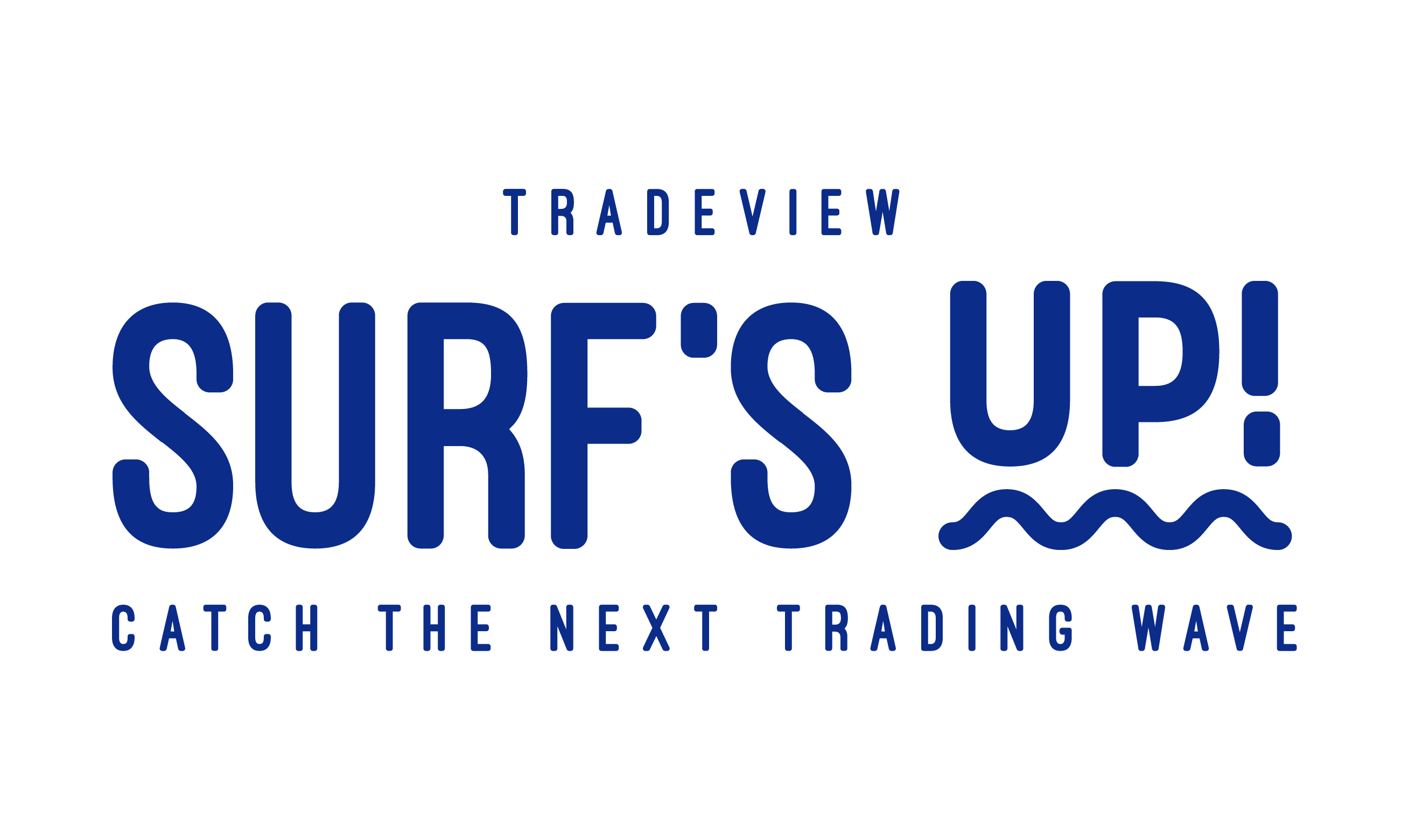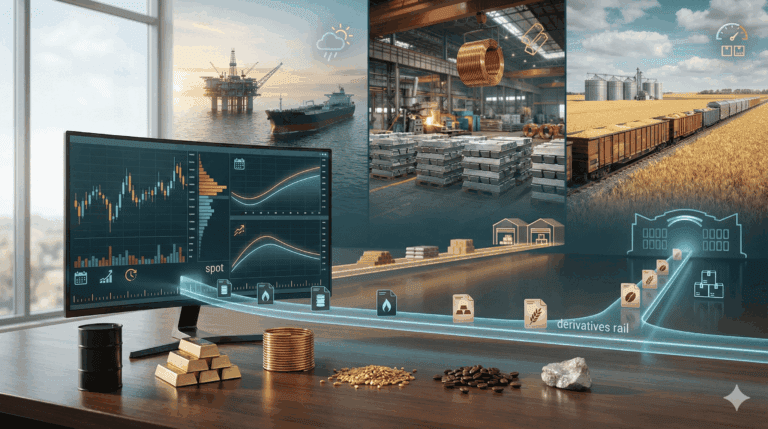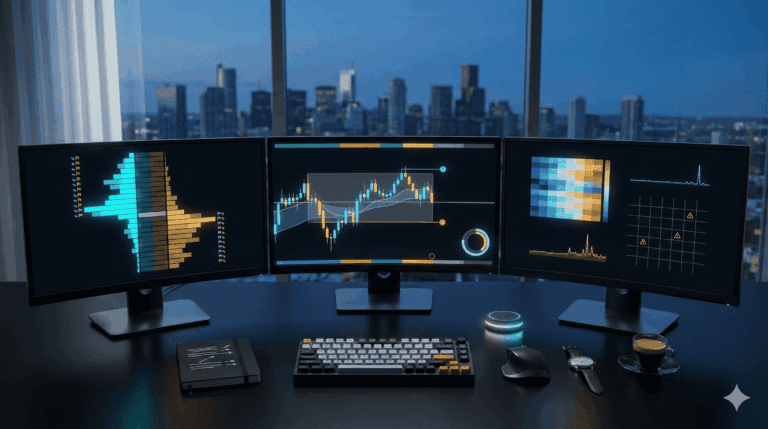Running a successful brokerage isn’t just about low spreads or fast execution. What truly drives growth is what happens behind the scenes. A strong forex CRM system keeps your operation organized—from client management and sales tracking to compliance and reporting.
Here’s what really matters when choosing a CRM built to support your business—not slow it down.
Why a Forex CRM System Matters
Forex CRMs are purpose-built for brokerage operations, providing tools that align with the specific workflows of trading environments. Unlike generic CRM platforms, these systems are equipped to manage tasks like trader onboarding, document verification (KYC), partner program tracking, and integration with trading platforms—all from a centralized interface.
Here’s what a forex CRM typically handles:
| Core Feature | Description |
| Lead Management | Tracks new leads, integrates with landing pages, and automates follow-ups. |
| KYC & Compliance | Collects and verifies documents automatically. |
| IB & Affiliate Tracking | Manages multi-tier partner commissions. |
| Trader Behavior Insights | Monitors deposits, withdrawals, and trading habits. |
| Integration with Trading Platforms | Syncs with MT4, MT5, cTrader, and others. |
Having the right CRM system is like hiring a 24/7 assistant who doesn’t miss a beat—especially when scaling client accounts.
Key Factors to Consider When Choosing a Forex CRM
Choosing the right system depends on your brokerage’s size, strategy, and growth goals. Let’s dive into the most important factors to evaluate.
Regulatory Compliance Features
For brokers licensed in multiple jurisdictions—like CySEC, FCA, or ASIC—regulatory support isn’t optional. A capable CRM should include:
- Automatic KYC and document verification
- GDPR-compliant data handling
- Custom workflows based on region or license type
Many CRMs fall short here. Prioritize vendors that can adapt to your compliance needs instead of forcing you to adapt to theirs.
Seamless Platform Integration
Your CRM needs to speak the same language as your trading platforms. Whether you’re using MT4, MT5, cTrader, or a proprietary system, ensure:
- Real-time trade syncing
- API compatibility
- Account and balance visibility
Example: A broker using MT5 needed a CRM that could send instant trade updates to the sales team—choosing a platform with real-time MT5 integration improved their conversion rates by 28%.
Advanced Reporting and Analytics
Reporting isn’t just for compliance—it fuels smart decisions. Look for:
- Custom dashboards
- Real-time KPIs (deposits, conversions, churn)
- IB performance analytics
You should be able to pull segmented reports by country, sales agent, or client tier in seconds.
Robust Client Management
Client management isn’t just a buzzword—it’s your edge in retaining traders. Great CRMs offer:
- Automated onboarding journeys
- Segmentation by behavior or deposit level
- Email/SMS campaigns based on actions
Pro Tip: Some CRMs let you tag clients based on inactivity. A broker used this to launch a “We Miss You” campaign, reactivating 12% of dormant accounts.
Broker Technology Compatibility
Not all brokerages are built the same. A white-label startup has different needs than a Tier-1 multi-license brokerage. Your forex CRM must match your broker technology stack.
Types of Broker Setups & CRM Needs
| Broker Type | CRM Priorities |
| White-Label MT4/MT5 | Cost-effective, easy integration, onboarding automation |
| Multi-License Regulated | Complex KYC, audit logs, role-based access control |
| High-Volume Broker | Real-time analytics, load balancing, sales performance tracking |
Before buying, map out your current tools: trading platforms, PSPs, marketing tools. Your CRM must connect them all.
Must-Have CRM Features for Forex Brokers
Use this quick checklist to compare providers and spot the tools that actually support your day-to-day operations:
Essential CRM Features
- Lead & deal tracking
- Partner/IB commission tools
- API integrations
- Live performance metrics like deposits, conversion rates, and client churn
- User role management
- Document verification tools
- Ticketing & support management
- Payment gateway integration
The best forex CRM systems are modular, meaning you can start small and upgrade features as you scale.
Comparing Top Forex CRM Vendors
Not all CRMs are created equal. Some are strong in automation, others in analytics or compliance. Here’s a simple breakdown of typical vendor strengths:
| CRM Vendor Type | Best For |
| Full-suite CRMs | All-in-one broker management |
| Lightweight CRMs | Startups needing just onboarding + lead tools |
| Compliance-focused CRMs | Regulated brokers with complex KYC demands |
Always request a live demo. If the vendor can’t show you how the system works with your setup, that’s a red flag.
Avoid These CRM Selection Mistakes
Many brokers rush into a CRM based on price or visual appeal. That’s risky. Here are common pitfalls:
Overlooking Support Quality
Your CRM vendor should offer fast, knowledgeable support. If you can’t reach them when MT5 integration breaks, that’s a problem.
Ignoring Scalability
Your needs will grow. Choose a system that lets you add users, modules, and integrations without downtime.
Choosing a Generic CRM
Generic platforms might lack forex-specific features like multi-tier IB tracking or trading platform syncs.
Future-Proofing Your Forex CRM Investment
As the FX market gets more competitive, retaining clients becomes just as important as acquiring them. Your CRM should help you build long-term relationships with traders—not just manage leads.
Look for CRMs that support:
- Trader segmentation for personalized offers
- Automated birthday or milestone emails
- Multi-language dashboards
- Built-in loyalty programs
Boost trader loyalty and operational control—explore CRM systems that drive growth! The right system won’t just track traders—it’ll help you keep them.
FAQ
What is a forex CRM system?
A forex CRM system is a client relationship management platform built for brokerages to manage traders, leads, partners, and compliance processes efficiently.
How does a CRM help with client management?
It automates onboarding, tracks behavior, segments clients, and allows your team to send personalized communications at scale.
Can I integrate a forex CRM with MT4 or MT5?
Yes, many CRMs offer direct integration with MT4, MT5, and cTrader, allowing real-time data sync and better sales visibility.
What features should I look for in a CRM?
Focus on platform integration, compliance tools, client segmentation, reporting dashboards, and partner management features.
Is it worth investing in a forex-specific CRM?
Absolutely. Generic CRMs miss key brokerage needs like IB tracking, KYC flows, and deposit behavior insights.







